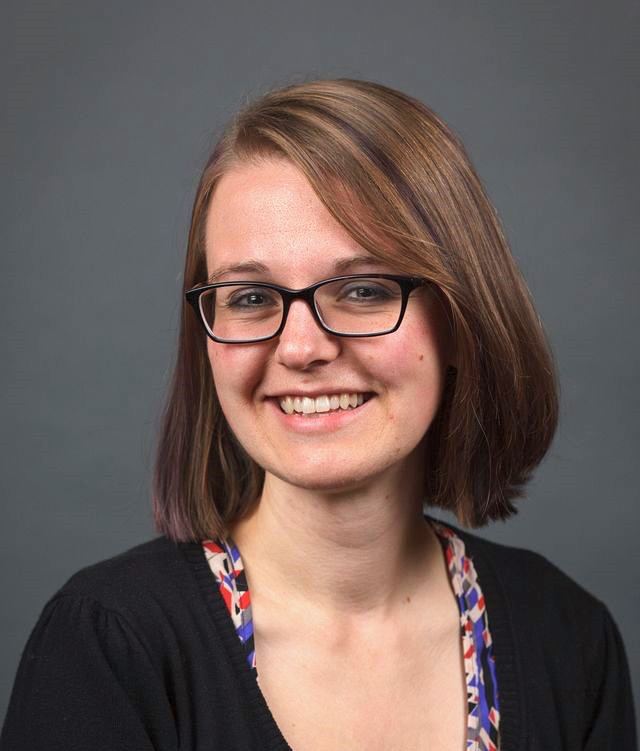By Jill Fuller
Recently, my son is fascinated with a new series about kids living through big historical events in American history. When he’s done with one, he asks to go to the library to pick out another, taking for granted that he’ll find what he wants. He doesn’t know any differently.
In 2023, there are 381 public libraries in the state of Wisconsin. This number doesn’t include branch libraries and bookmobiles, which offer even greater access to library materials. Yet in the 1890s, when the State Legislature created and funded the Wisconsin Free Library Commission, there were less than 40 public libraries in the entire state, most in large cities. Although the Wisconsin Public Library Act passed in 1872, public library support varied by municipality and often relied on the philanthropic spirit of a few large donors; in this area, the L.D. Fargo Public Library in Lake Mills was built with a $6,000 donation from L.D. Fargo himself in 1899. Yet many towns either didn’t have libraries or had small organizations that allowed citizens to rent books for a fee. Publicly available libraries were not available for most of Wisconsin’s residents until the last decade of the nineteenth century.
A teacher in Milwaukee was at the forefront of this change. Lutie Stearns had 72 students, but only one book in her classroom, so she checked out books from the public library to send home with her students, kindling her love and appreciation for libraries. She continued to advocate for the importance of books for children and library access as a means of social improvement, and decided to start a traveling library system based on the one in New York. She found an advocate in Senator James H. Stout, who helped pass legislation to found the Wisconsin Free Library Commission (WFLC) in 1895. The WFLC circulated square wooden boxes filled with books, like the Little Free Libraries we see in yards and parks today, to rural towns without access to books and libraries. The boxes were kept in homes, post offices, or railway stations. “Remember the purpose of the Traveling Libraries…is ‘to do the greatest good for the most people,’” said the letter to the volunteers who helped set them up in each town. According to Stearns, residents were so excited for the traveling libraries they walked for miles to see the books as they were unpacked. Within two years, the success of the program led the Wisconsin Legislature to increase the funding for the program from $500 to $4,000 per year. Hartland and Menomonee Falls were two Waukesha County municipalities who received traveling libraries. Stearns was hired as an official employee of the WFLC and traveled the state, promoting the program, assisting volunteers, delivering books, and giving speeches on the importance of libraries, education, and literacy. She also helped towns apply for funds from steel magnate Andrew Carnegie to construct library buildings; 60 municipalities received grants between 1901 and 1915, including Waukesha, Watertown, and Jefferson. By the end of her career in 1914, she had helped establish 1,400 traveling libraries in Wisconsin. Many of these became direct precursors to the libraries we visit and enjoy today.
Every February, libraries, librarians, and citizens across the country celebrate Library Lovers Month. We all have our own unique reasons to love and appreciate libraries, but one thing that unites us is that we don’t take our libraries for granted. May we remember the efforts of Lutie Stearns and others like her who helped make our libraries possible. May we follow in her footsteps to work for access to information for all, from increased library funding to WiFi broadband coverage in rural areas. May our Wisconsin libraries continue to grow and thrive for many years to come.
Research from following source:
Stotts, Stuart. “A Thousand Little Libraries.” Wisconsin Magazine of History, 90, no. 2, (2006-2007): 38-49. Wisconsin Magazine of History Archives, Wisconsin Historical Society’s Online Collections. Accessed on February 8, 2023. https://content.wisconsinhistory.org/digital/collection/wmh/id/43738/rec/2.
Jill Fuller is the marketing and communications librarian at the Bridges Library System, of which public libraries in Jefferson and Waukesha counties are members.

Jill Fuller
This post has already been read 728 times!
